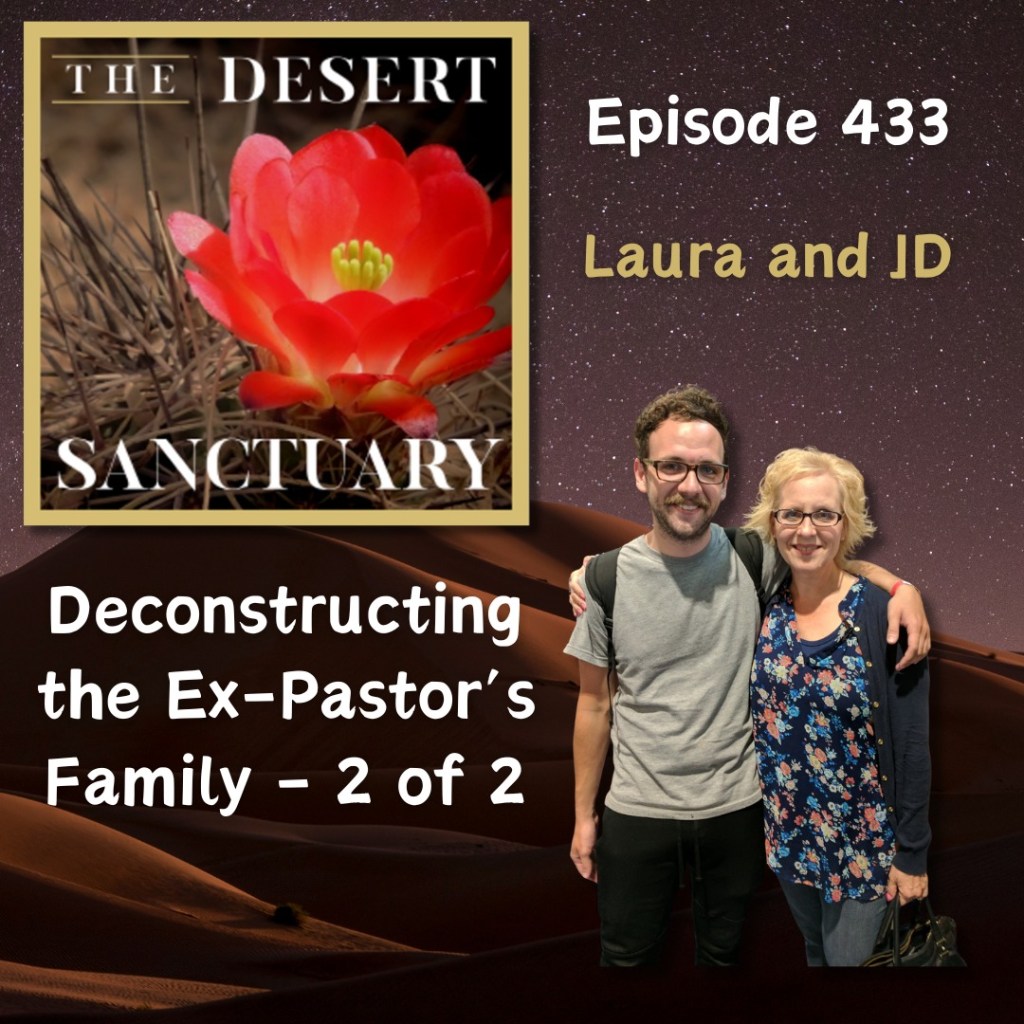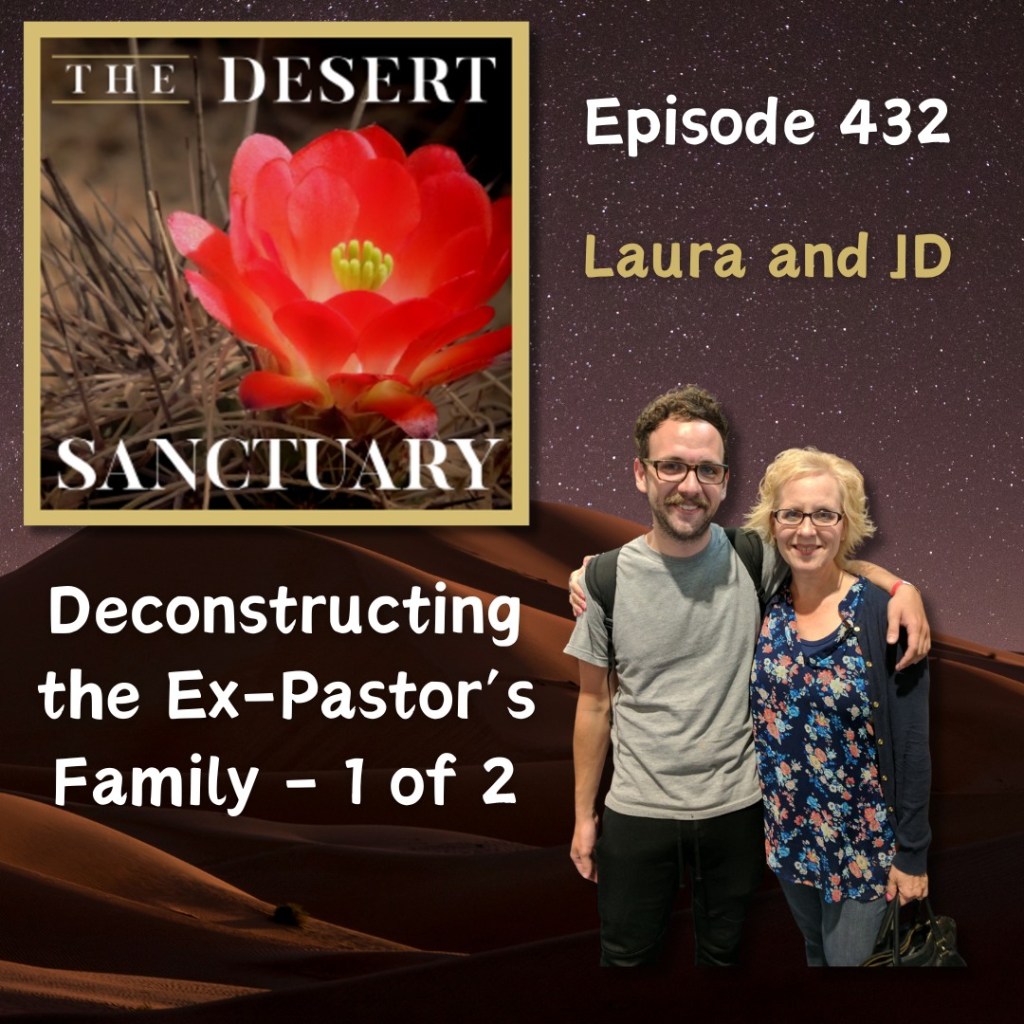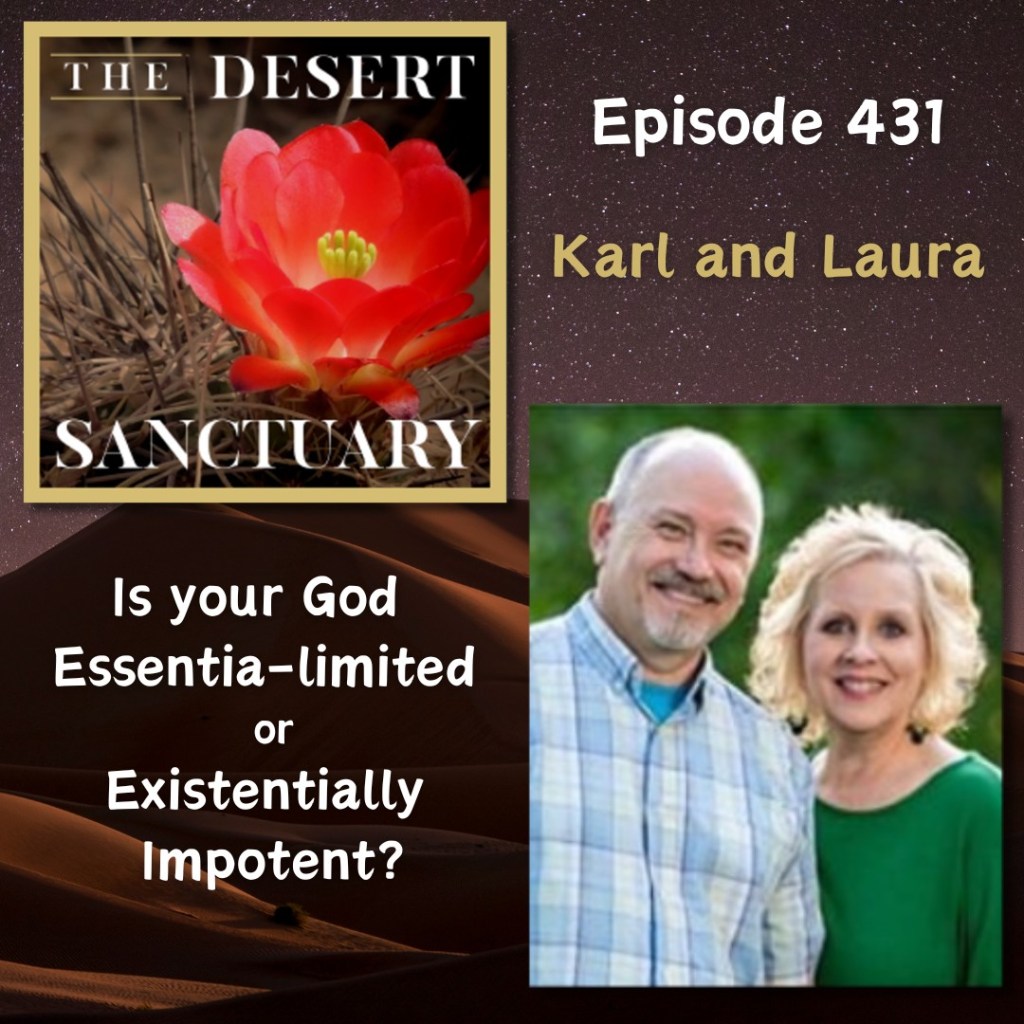Going Inside & Trusting Myself

(From our new book, Evolving From Religious Trauma. June 4th))
Listen to Audio – AI-Generated
Laura
There are two reasons that my portion of this chapter may not be exceptionally long: 1) I said most of what I wanted to say on the topic of this chapter in the last chapter, and 2) Karl did a respectable job of explaining our approach to this part of the journey. I genuinely hope I conveyed the importance of going inside and trusting yourself. It is a concept that is easier said than done; it requires us to be incredibly intentional, and it requires us to find those practices that speak to us in a very personal way.
I wish I could give each reader ten effortless steps to trust yourself, but I can only share what works for me. This is by no means an exhaustive list, and I continue to look for ways to grow in this area of my life. Thank you for letting me share with you. I hope this can start a conversation of authenticity and sharing where we can each learn from the other.
So, how can we practically go inside? As a mom, the last thing I wanted my children to experience was emotional pain. For me, it was very triggering to think they were experiencing shame, or they were somehow not feeling like enough. I knew those feelings, and I wanted to be the one to save my children from those experiences. In all honesty, however, this is a fundamental part of growing up.
When my children came to me with issues of feeling less than, I sat with them and listened to their experiences. I would validate their feelings, even if they triggered me. I learned to do this same thing with my students. Sometimes, students come into my classroom with tremendous trauma. They believe things about themselves that are not true, but they have heard someone significant tell them they are stupid or not good enough. No amount of convincing on my part will change that very real message in their life. However, when those heart-wrenching situations come up, it is important to treat their feelings as precious. It is essential to give validation and believe them without judgment.
This is how we can also treat our inner child. If you are anything like me, you have learned very well how to stuff those feelings, to tell those emotions they are ridiculous, stupid, or better yet, that we need to get over it already! I do not know about you, but those coping strategies have never worked for me. Ignoring feelings adds to my shame and overall feelings of unworthiness. The very things we would never say to children, friends, or family members in our lives, we scream to our inner child to make them behave. If we know it will not work for others, why do we think it will work for us? Taking a better approach is essential; treating our feelings like precious children is essential. Just as we would sit and listen to those we love, we need to sit, listen, validate, and believe in our inner selves without judgment and fixing.
One thing that I have found to be incredibly important when listening to stories of people on our podcast, The Desert Sanctuary, is to believe them. That may sound simple, but it is amazingly easy to dismiss someone’s story when it does not match our reality. When we do not believe people and their stories just because it does not match ours, we halt conversation, create trauma, and project shame. Several times, as I started sharing my story, people in church would tell me, “I’m sorry that happened to you, but that wasn’t my experience.” Immediately, I stopped talking. That person in no way validated my trauma and, in a very condescending way, let me know that they did not believe me because their experience did not match mine.
This was a practice I had to learn not only to give to people sharing their sacred stories with me but also to believe and validate my own sacred story. When we are experiencing trauma or anxiety, even after we have left a traumatic situation, that is our body’s way of communicating with us. So many times, our anxiety is trying to warn us or tell us something. Let us sit quietly with those feelings, breathe, and listen. Just as we need to believe the stories of others, let us start believing the stories our body is telling us, even if it is anxiety. Be with it and have compassion for it to discover why it feels this way.
I like to think of these “steps” as a slow progression. First, I had to learn to sit with my anxious feelings without judgment. Next, I had to listen, validate, and learn. I still feel like I must intentionally do these things because my go-to is to stuff those feelings or shame them away with words like, “What is your deal? Why are you freaking out about this?” I am having this conversation with myself right now.
Tomorrow is my birthday, and it has become a tradition for me to have my granddaughters on my birthday. Since my birthday falls on New Year’s Eve, I see it as a beautiful way to bring in the new year! However, I start to feel incredibly anxious whenever I am going to have my granddaughters after not having them spend the night in a while. My first thought is, “What is wrong with me? This should be a happy moment! Why are you anxious?” This can shift my anxiety into a shame spiral if I do not purposefully speak to my anxiety, listen rather than judge, and see what it is trying to tell me.
Just doing that helps reduce those anxious feelings. However, my next step is to trust myself to interpret my intuition and understanding. This sometimes happens, but sometimes it does not. I am learning to be okay with the fact that sometimes it does not. I can still thank my body for feeling so deeply about this time I will spend with my granddaughters. I am learning to trust myself even when the answers do not come.
This is just a way for me to experience my inner knowing. My experience with church was to deny myself. I could not trust myself because I was wicked, and my heart could not be trusted. Instead, I was programmed to leave critical thinking behind and believe what others told me about myself, even if they did not know me.
Let us be real about who knows us the best. We do! However, we were told that we could not trust ourselves. I hope what I have shared on these pages encourages you to change the way you think about yourself. You are enough. You can trust who you are. You know!
In those moments when you feel like you do not, I hope you reach out to someone who has earned the right to hear your sacred story. I hope you find someone who will listen without judgment and believe you. For me, this has been the path to true healing. Laura Forehand
My Top 10 Suggestions for Theologians
Was Jesus well-known in the 1st Century?
https://thedesertsanctuary.org/leaning-forward-2023

Karl Forehand is a former pastor, podcaster, and award-winning author. His books include Out into the Desert, Leaning Forward, Apparent Faith: What Fatherhood Taught Me About the Father’s Heart, The Tea Shop and Being: A Journey Toward Presence and Authenticity. He is the creator of The Desert Sanctuary podcast and community. He is married to his wife Laura of 35 years and has one dog named Winston. His three children are grown and are beginning to multiply! You can read more about the author here.




Leave a comment